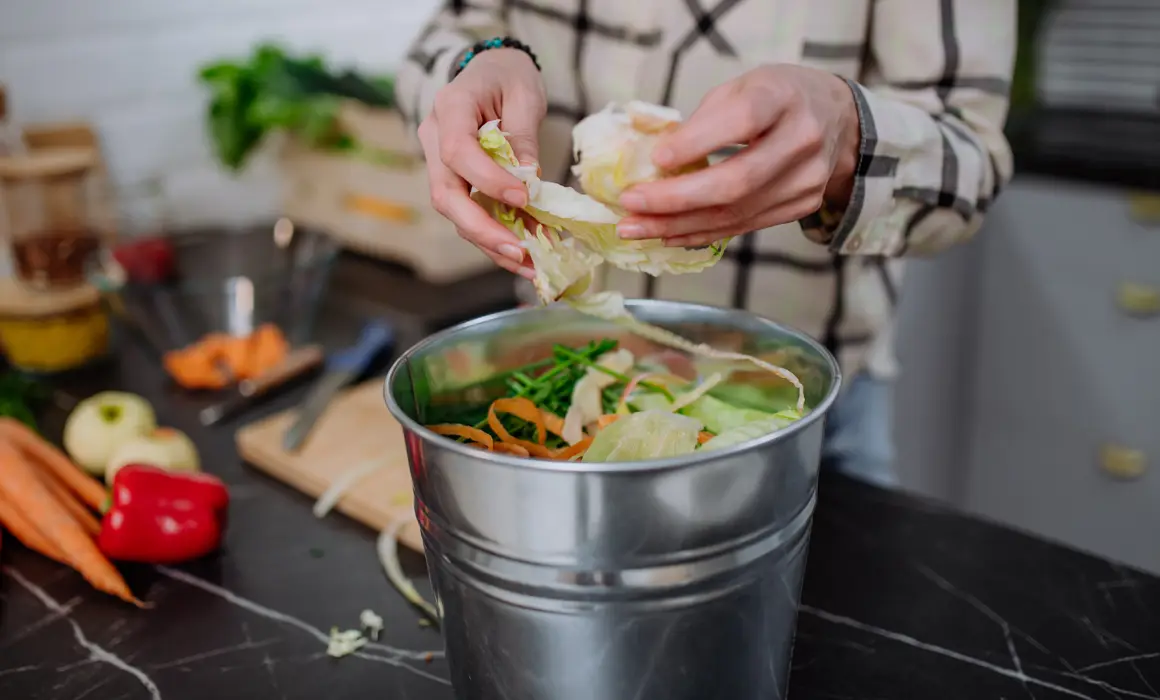It is estimated that up to 40 percent of food produced worldwide is lost or wasted each year – an alarming figure that has an immense environmental and financial cost. This includes food that is lost post-harvest, discarded at supermarkets and restaurants, and wasted in our homes.
Fortunately, Californians now have the chance to make a difference in reducing hunger, combating climate change, and creating valuable resources from food waste through the implementation of life cycle approaches to food waste diversion.
California’s Mandate to Reduce Food Waste
Through Senate Bill 1383, California municipalities are mandated to divert organic waste away from landfills to processing facilities that can convert the food to clean energy, biofuel, and fertilizers. This bill has created an increased awareness of food scarcity and the environmental consequences of wasting food, in addition to providing municipalities with resources-from-waste technologies for food waste diversion.
Reclaiming Food Waste
To help reduce food waste, households can be educated on how to reduce food waste through food waste prevention efforts, such as Food Smart campaigns. Farmers should also receive support and resources to optimize postharvest operations, invest in marketing, and reduce food loss prior to harvest. In addition to this, food waste can be reclaimed from landfills and turned into resources through strategic resource conversion efforts. For example, in San Jose, organic waste is collected and sent to an anaerobic digestion facility, where it is processed and transformed into clean energy and biofuel.
Creating a Sustainable Food Future
Food waste is an opportunity to improve the sustainability of the food system. Californians can join the fight in advocating for life cycle approaches to food waste diversion and create a more sustainable food future! With preventative measures, resource conversion, and creative approaches to food waste, we can make a difference in reducing hunger, combating climate change, and creating valuable resources from food waste.
Related Resources
About the Author: Michelle Zdybowicz
Michelle Zdybowicz, President and Co-Founder of Jeden Bioscience, is leading the charge at Jeden Bioscience, dedicated to transforming agriculture and nutrition with sustainable, science-driven solutions. Growing up in a farming community, she developed a deep-rooted passion for agrifood sustainability, which she further refined at JH Biotech, Inc.
Under her leadership, Jeden Bioscience has launched Eco-Vision, an initiative aimed at reducing food waste and promoting eco-friendly practices. Her commitment to environmental stewardship has resulted in impactful community partnerships, including the Earthwise Education Program, which provides students with hands-on sustainable practices.
Michelle continues to lead Jeden Bioscience in its mission to revolutionize the agrifood industry while prioritizing the health of our planet.





